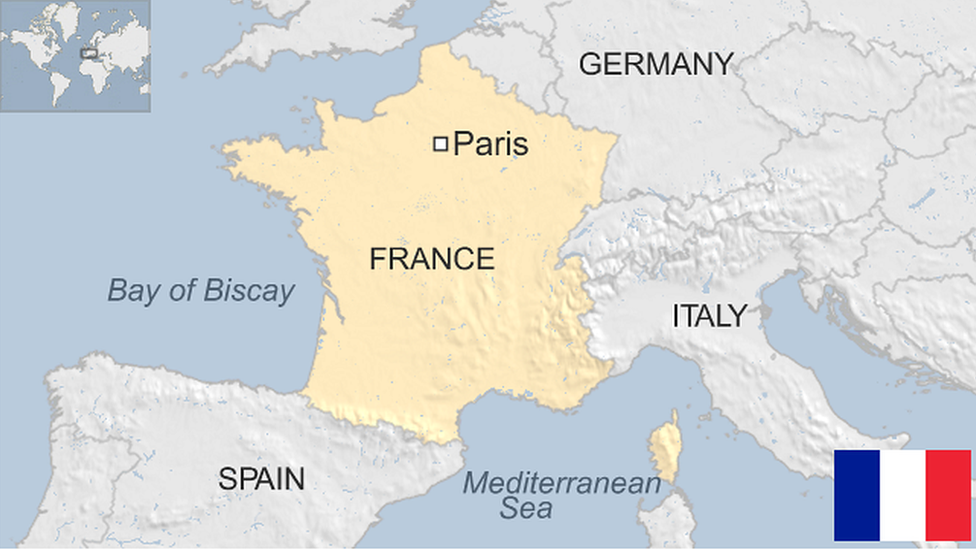United Kingdom country profile
- Published
This page is no longer being updated. It was last updated on 9 July 2024

The United Kingdom is a state made up of the historic countries of England, Wales and Scotland, as well as Northern Ireland. It is known as the home of both modern parliamentary democracy and the Industrial Revolution.
Two world wars and the end of empire diminished its role in the 20th Century, and the 2016 referendum vote to leave the European Union has raised significant questions about the country's global role.
Nonetheless, the United Kingdom remains an economic and military power with great political and cultural influence around the world.
Read more country profiles , external- Profiles by BBC Monitoring, external
UNITED KINGDOM OF GREAT BRITAIN AND NORTHERN IRELAND: FACTS
Capital: London
Area: 242,945 sq km
Population: 67.7 million
Languages: English, also Scots, Ulster Scots, Scottish Gaelic, Irish, Welsh, Cornish
Life expectancy: 79 years (men) 83 years (women)
LEADERS
Head of state: King Charles III
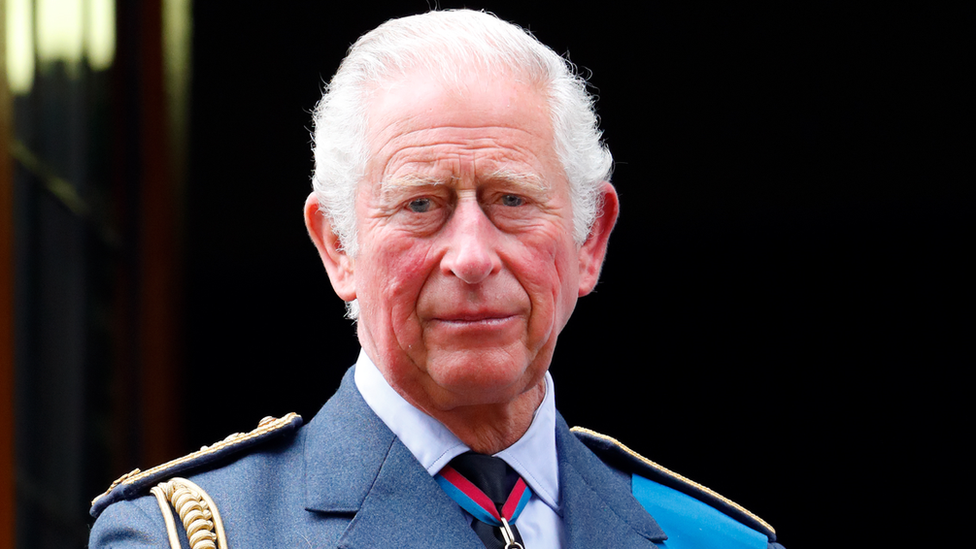
His Majesty King Charles III ascended to the throne in September 2022, on the death of his mother Queen Elizabeth II.
In September 2015, she had become Britain's longest-reigning monarch, surpassing the record of her great-great grandmother Queen Victoria.
At 73, King Charles was the oldest person to have ascended to the British throne. He is also head of state of several independent countries in the Commonwealth.
As a constitutional monarch, his role in the legislative process is largely ceremonial.
Prime Minister: Keir Starmer
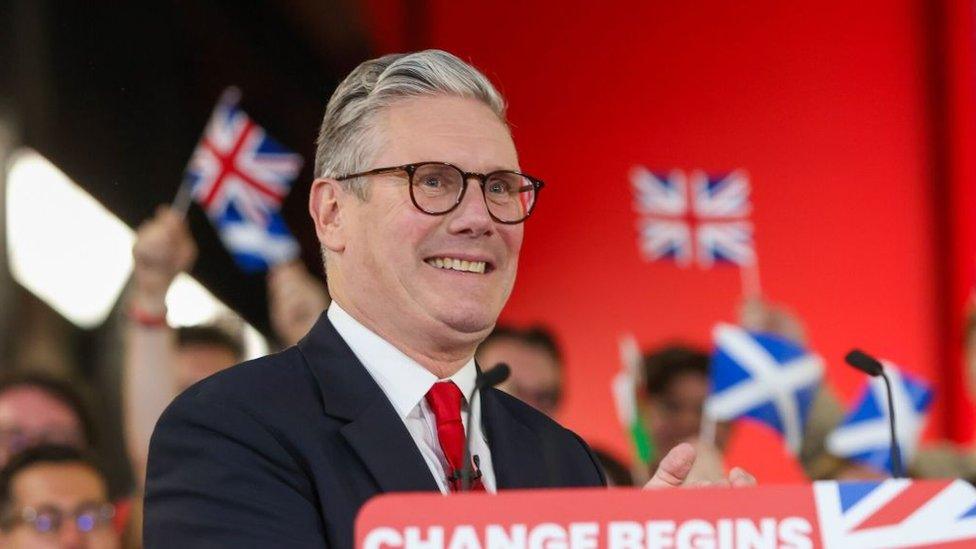
Keir Starmer was elected prime minister in the July 2024 election, which saw a sweeping Labour party victory after 14 years of Conservative or Conservative-led governments, with Labour becoming the largest party in the House of Commons.
Domestically, Starmer has said his administration will focus on economic growth, reforms of the planning system, infrastructure, energy, healthcare, education, childcare, and strengthening workers' rights.
In his first address to parliament following the election, he urged new MPs to deliver "national renewal". He hoped the new parliament would replace the "politics of performance with the politics of service" and that all MPs have a duty to show that politics can be a force for good.
There are numerous challenges facing the Labour government: these include stagnant economic growth and wages, high child poverty and homelessness, crumbling health care and public services, overcrowded prisons and sewage pollution by privatised utility companies.
MEDIA
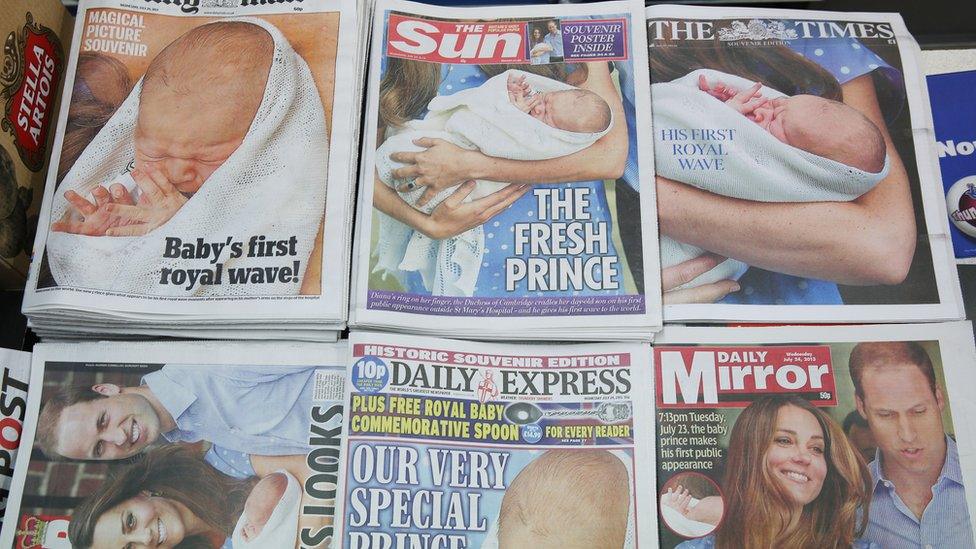
The UK has a lively media scene
The UK has a strong tradition of public service broadcasting and an international reputation for creative programme-making.
The BBC began daily radio broadcasts in 1922 and quickly came to play a pivotal role in national life. The corporation is funded by a licence fee, which every household with a TV set must pay.
Hundreds of privately-owned radio and TV stations now compete with the BBC for listeners and viewers.
There are many national and local newspapers, but print circulations have been sliding while online readership has surged.
Read full media profile
TIMELINE
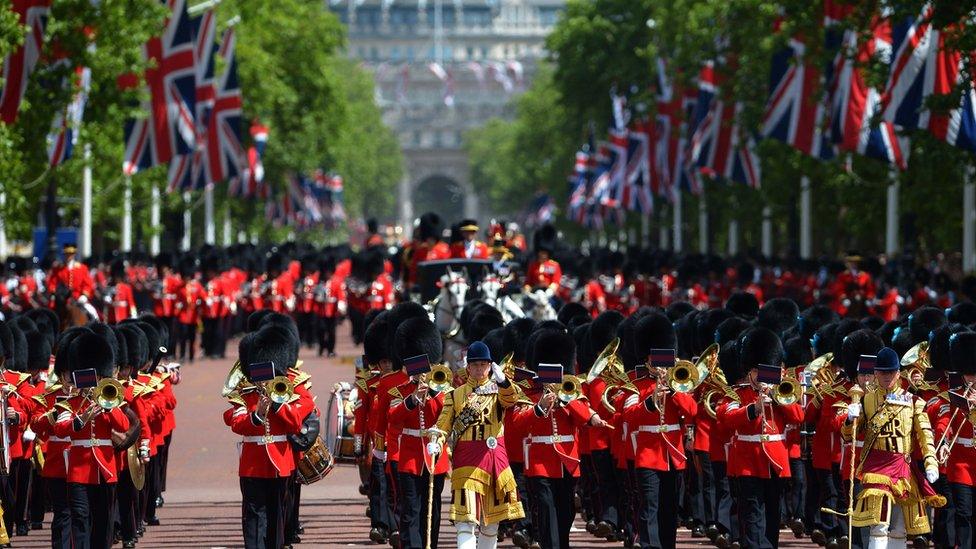
Trooping The Colour, the annual ceremony which commemorates the Monarch's official birthday
Some key dates in modern British history:
1801 - United Kingdom formed by union of the kingdoms of Great Britain and Ireland.
1815 - Role in defeating Napoleon's French Empire leads to Britain becoming pre-eminent imperial power.
1830s - Electoral reform acts begin steady move towards primacy of House of Commons and universal suffrage.
1840s - British industrial power harnessing technological change and boosts free trade and investment worldwide, reaching its peak in the second half of the 19th century.
1880s - Devolved government for Ireland becomes a major political issue, splitting Liberal Party and reviving a violent Irish separatist movement.
1914-18 - World War One.
1916 - Nationalists stage Easter Rising, seizing the General Post Office in Dublin and proclaiming an independent Irish republic. The rising is crushed by the British who execute its leaders.
1919 - Led by Éamon De Valera, the nationalist movement Sinn Féin ('We Ourselves') sets up a Dublin assembly, the Dáil Éireann, which again proclaims Irish independence. A guerrilla campaign by the Irish Republican Army, or IRA, against British forces begins with heavy casualties on both sides.
1921 - Anglo-Irish Treaty establishes the Irish Free State, partitioned from Northern Ireland which remains part of the United Kingdom of Great Britain and Northern Ireland.
1924 - First UK government led by the Labour party under Prime Minister Ramsay MacDonald.
1931 - Economic crisis. Millions are unemployed. National Government coalition formed.
1936 - King Edward VIII abdicates over relationship with an American divorcee, Wallis Simpson.
1939 - Germany invades Poland. UK declares war on Germany.
1940 - Winston Churchill becomes prime minister.
1944 - Allied troops invade France from Britain on D-Day (6th June) and begin to fight their way towards Germany.
1945 - Germany surrenders. Labour leader Clement Atlee is elected prime minister. The new Labour government carries out a radical programme of reforms, major industries and public utilities are nationalised, a welfare state is established as well as publicly funded healthcare system, the National Health Service.
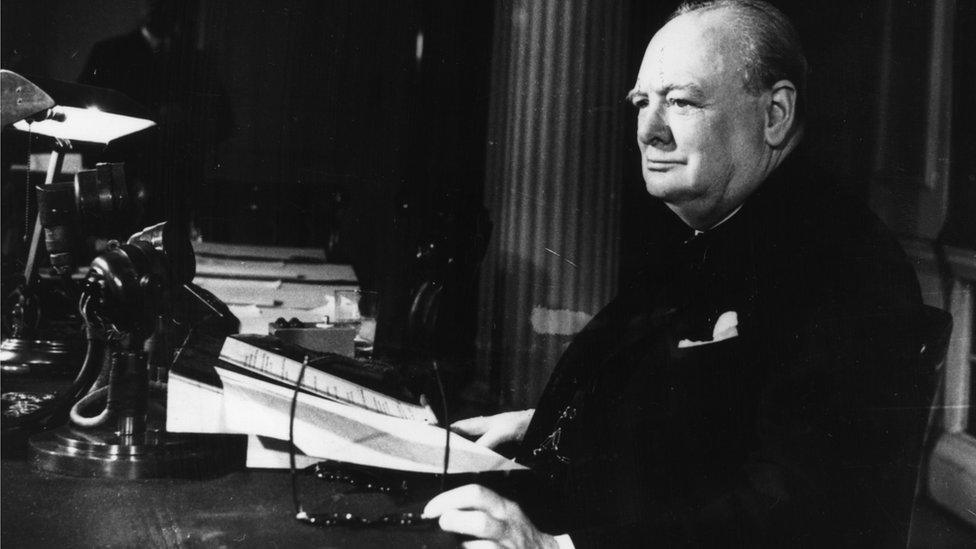
Prime Minister Winston Churchill makes his VE Day broadcast in May 1945
1945 - The UK becomes a permanent member of the UN Security Council.
1949 - The UK is one of the founder members of Nato.
1952 - UK becomes world's third country to develop an atomic bomb.
1956 - UK and France, secretly in conjunction with Israel, invade Egypt and occupy the Suez Canal Zone. They are forced to withdraw under US pressure.
1961 - UK application to join European Economic Community vetoed by French President Charles de Gaulle.
1960s - Decolonisation of former British-controlled territories gathers pace.
1969 - British troops are sent to help quell communal unrest in Northern Ireland, which marks the start of The Troubles, triggered by the disputed status of Northern Ireland within the UK and a rising sense of injustice among large sections of the Catholic population. More than 3,000 people are killed between 1969-98.
1973 - The UK joins the European Economic Community, which is endorsed in a referendum two years later.
1979 - Conservative prime minister Margaret Thatcher begins move towards deregulation of economy.
1982 - Argentina invades the Falklands Islands in the South Atlantic. The UK dispatches a task force, which re-takes them.
1984 - The IRA attempts to assassinate Mrs Thatcher in her hotel in Brighton. Several people are killed and injured by a bomb blast, but the prime minister escapes unhurt.
1997 - Referendums in Scotland and Wales back the creation of separate assemblies, which are inaugurated in 1999.
1998 - The Good Friday Agreement on a political settlement for Northern Ireland is approved by voters in the Republic of Ireland and Northern Ireland.
2012 - Britain hosts the Summer Olympics and Paralympics.
2014 - Voters in Scotland reject independence in a referendum, with 55% opting to remain part of the UK and 45% favouring independence.
2016 - UK votes to leave the European Union.
2020 - UK formally leaves the European Union.
2022 - Queen Elizabeth II dies, Charles III becomes king.
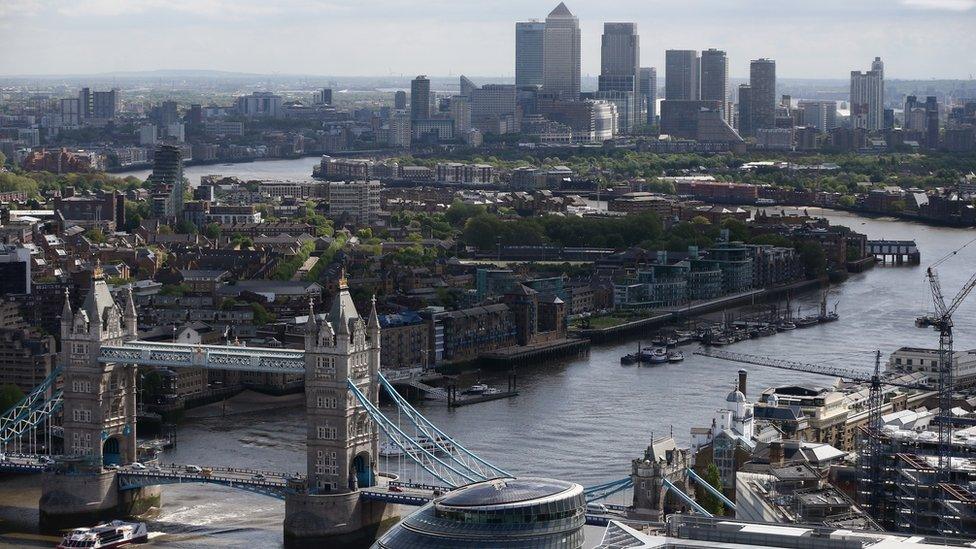
London is a major centre for finance and culture
Related topics
- Published7 February
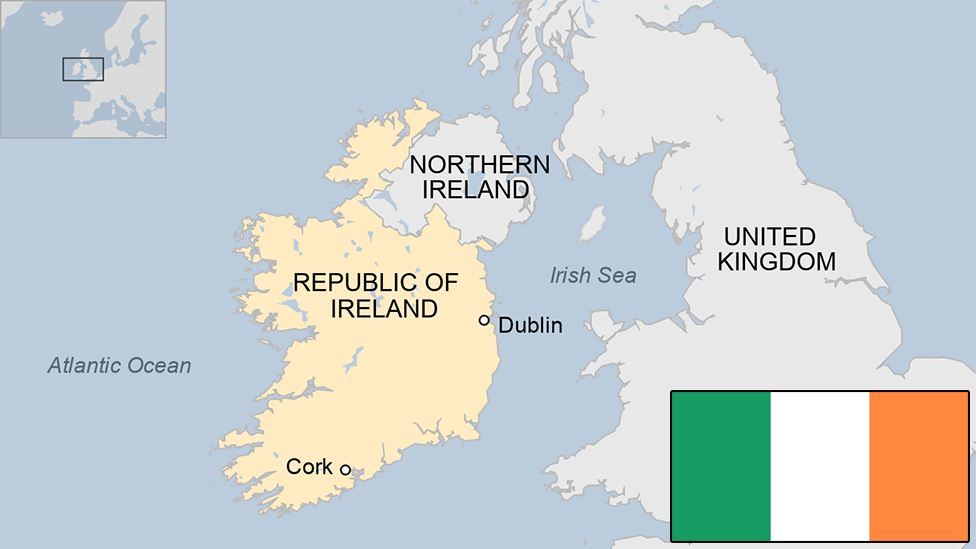
- Published18 October 2023
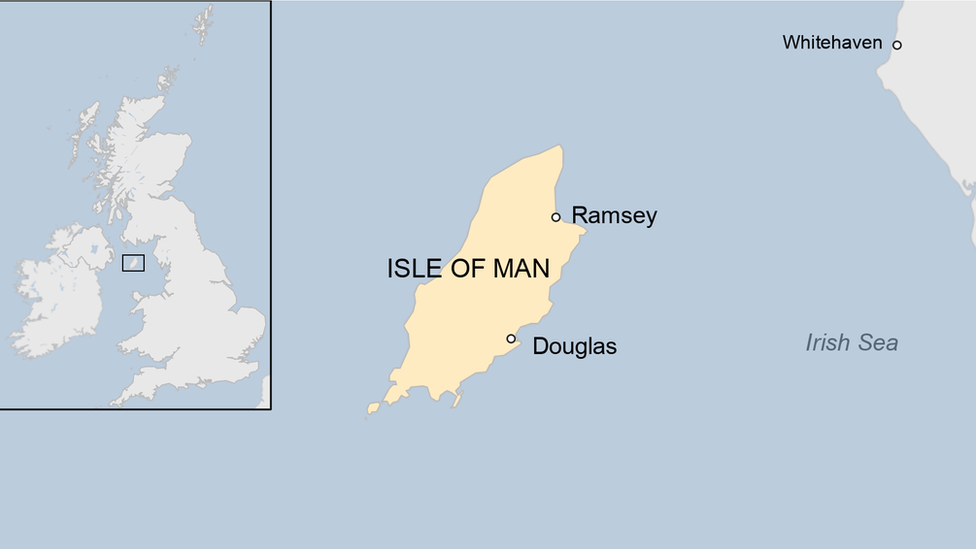
- Published25 October 2024
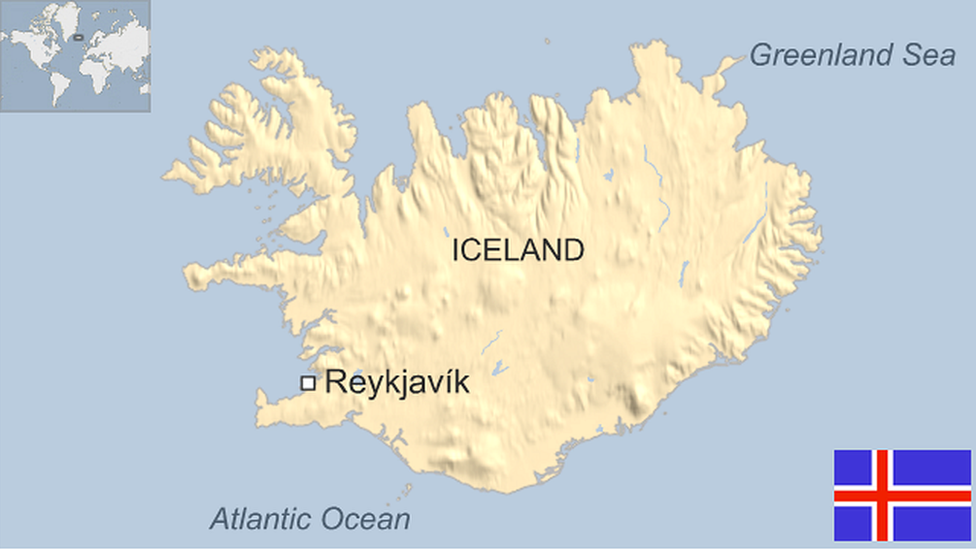
- Published11 February
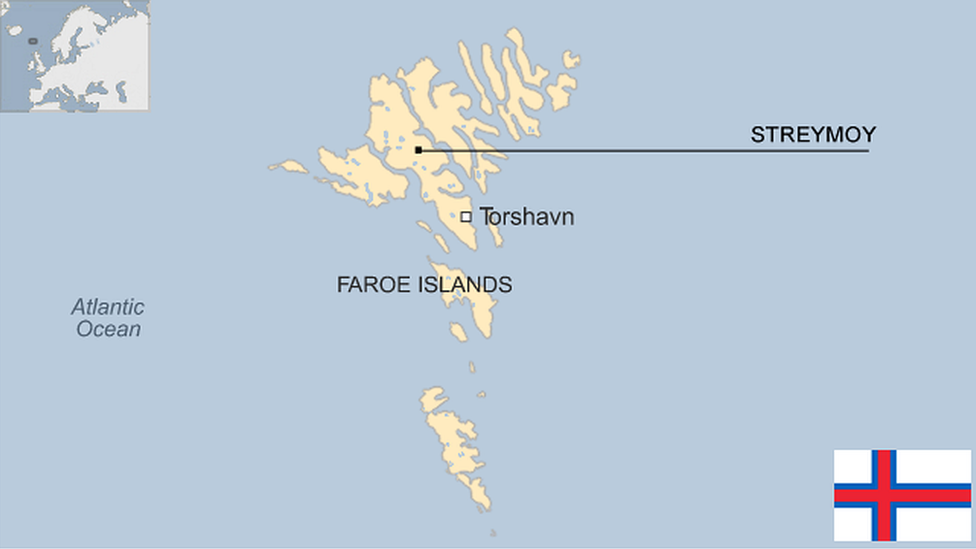
- Published28 March 2023
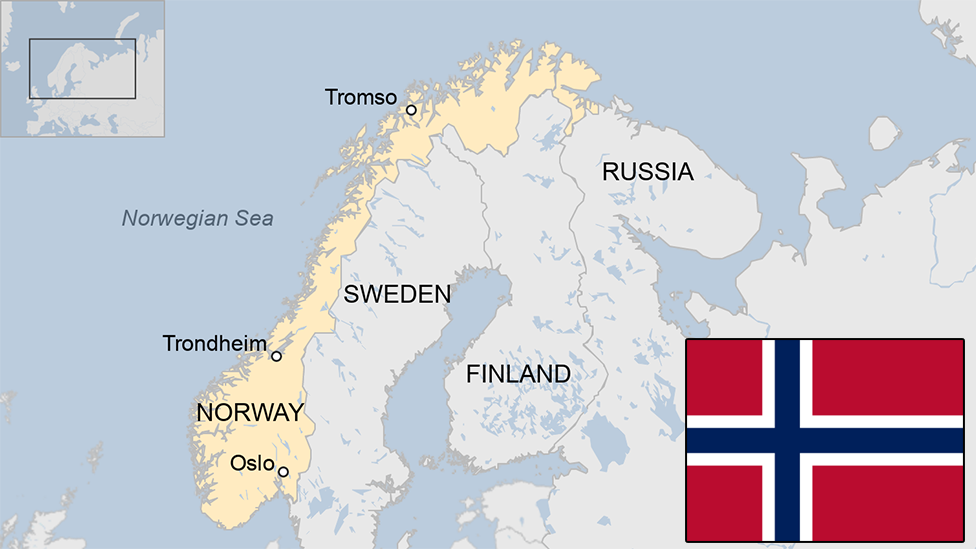
- Published8 January
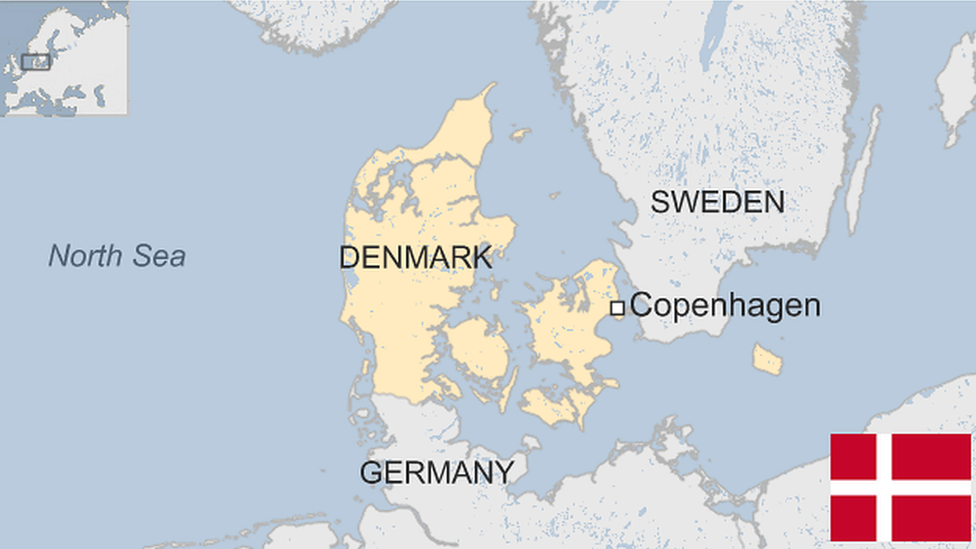
- Published4 September 2023
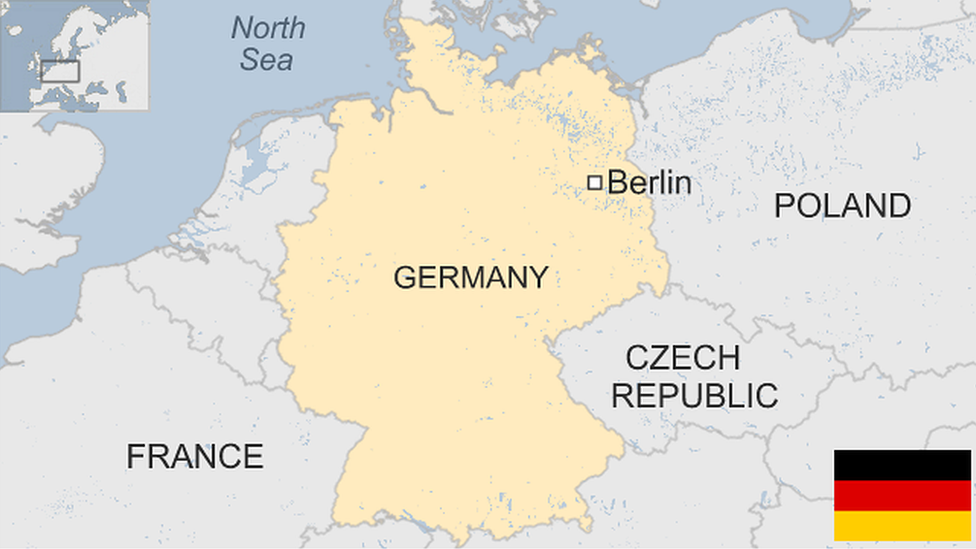
- Published2 July 2024
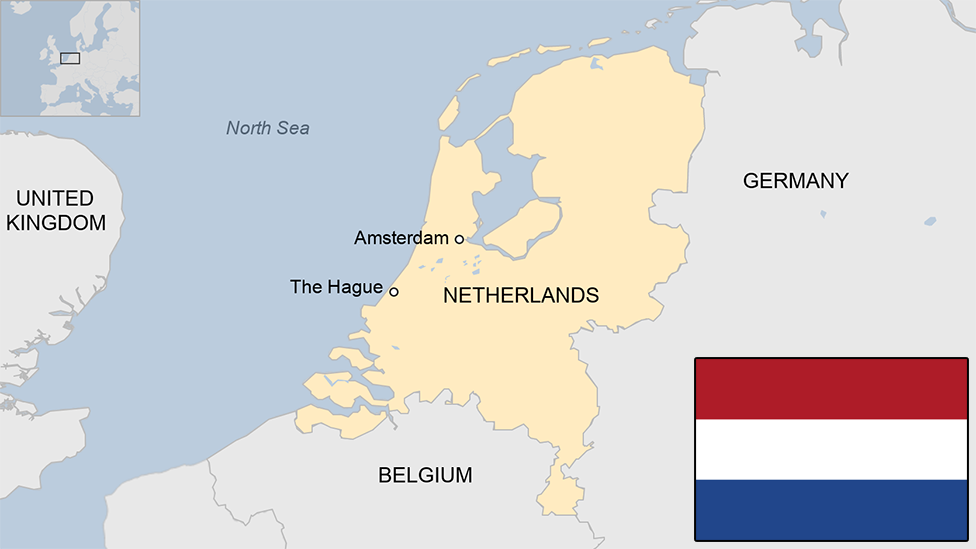
- Published21 August 2023
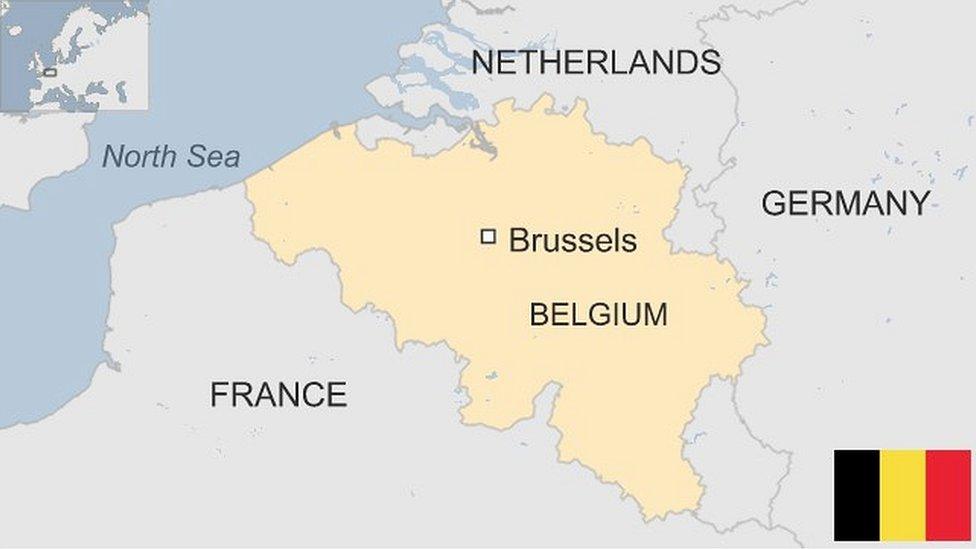
- Published18 October 2023
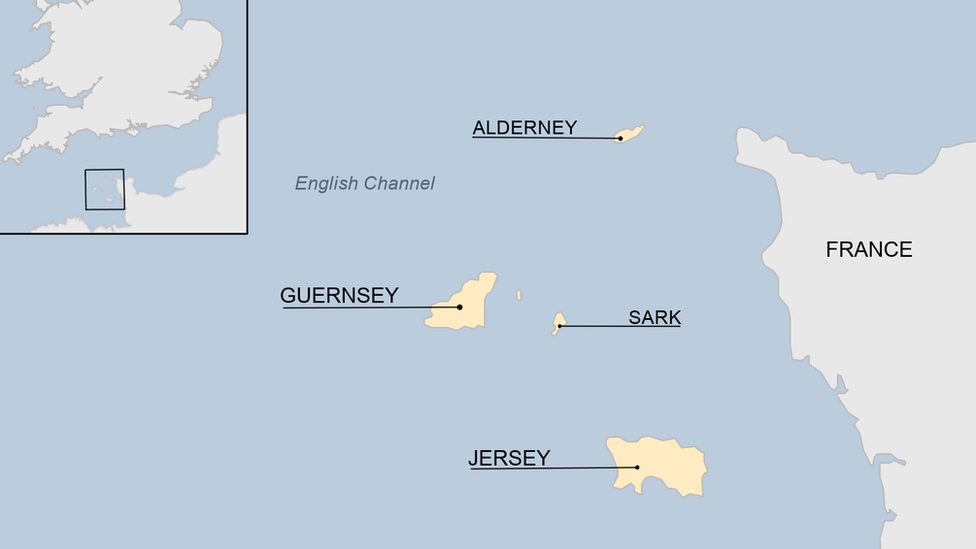
- Published9 January 2024
